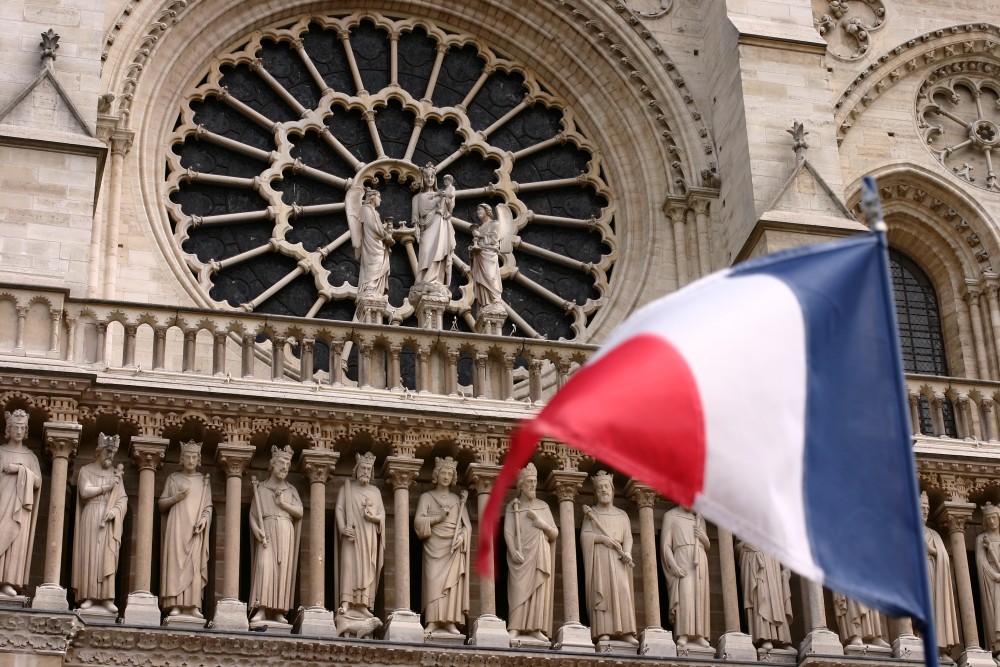French Catholics' political awakening
In a nation legendary for its secularism, les Cathos are speaking up.

Something quite unexpected is happening in France: in what has long been regarded as one of the world’s most secular societies, Catholics are now reemerging as a potent force in public life.
For many years, French Catholicism has repeatedly been the subject of depressing news stories. Vocations are in sharp decline, and barely half of French people are willing to claim even a notional Catholic identity. In religious terms, the country seemed destined for total secularization, or alternatively, perhaps some kind of Islamization.
How surprising, then, over the past couple of years to see the French media proclaiming the return of les Cathos. An early token of change was the mass movement formed to protest proposed legislation of same-sex marriages. That new law promised le mariage pour tous (marriage for all), to which Catholic protesters responded with La Manif pour tous (The Demonstration for All). La Manif drew many thousands to its protests, drawing comparisons to the Tea Party in the United States.





